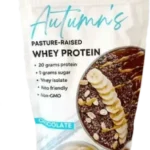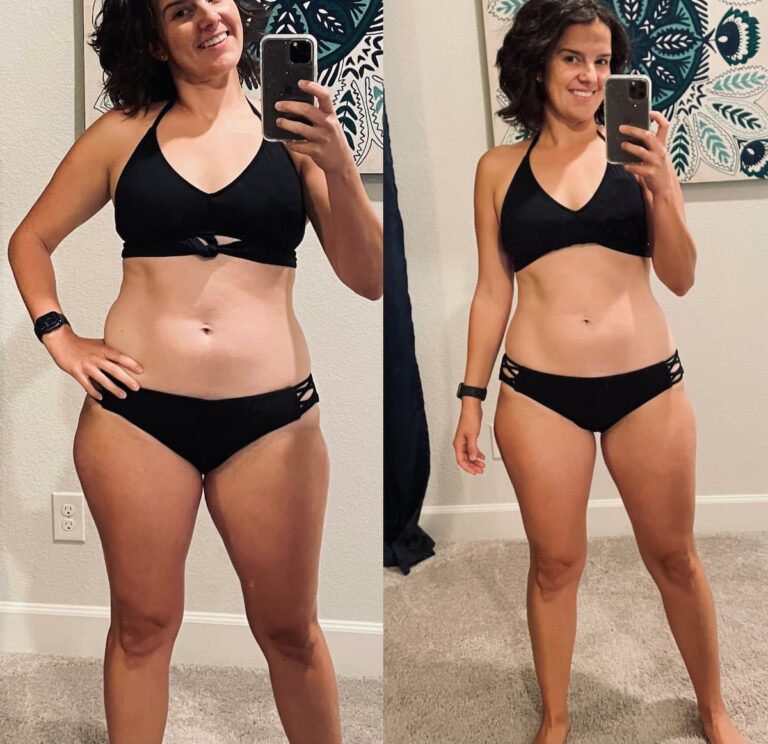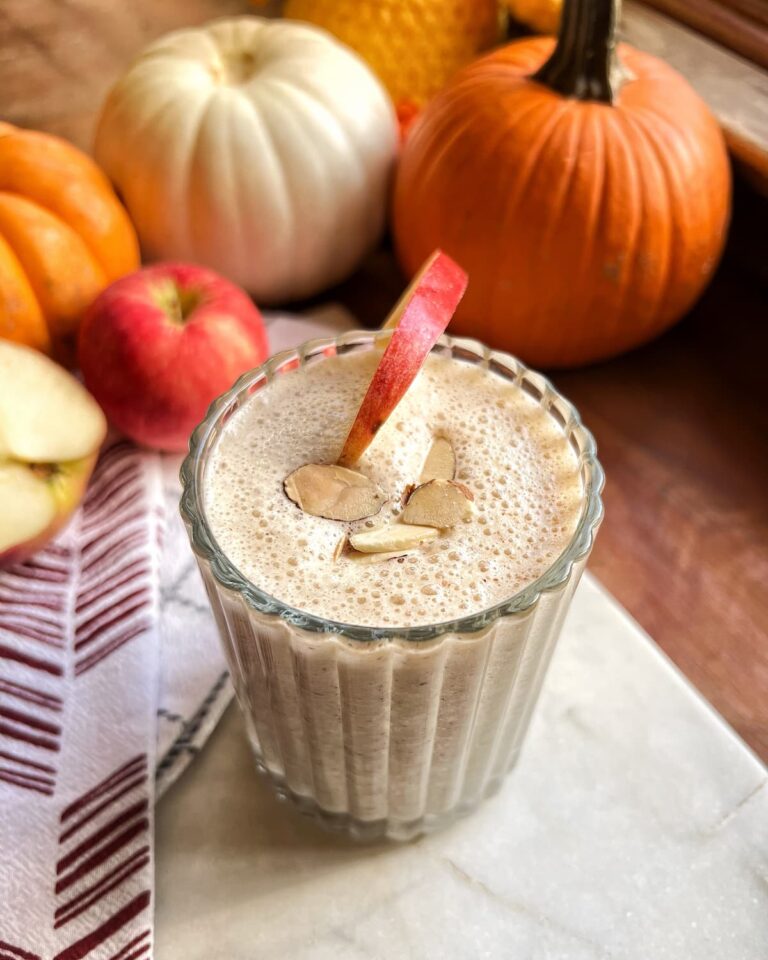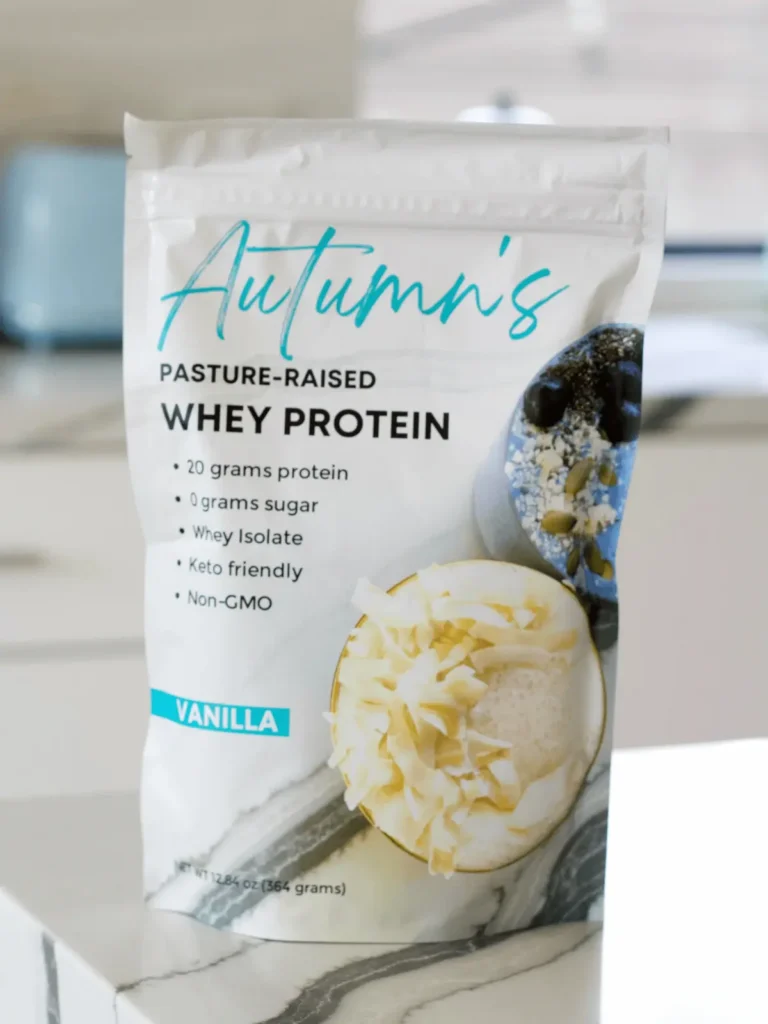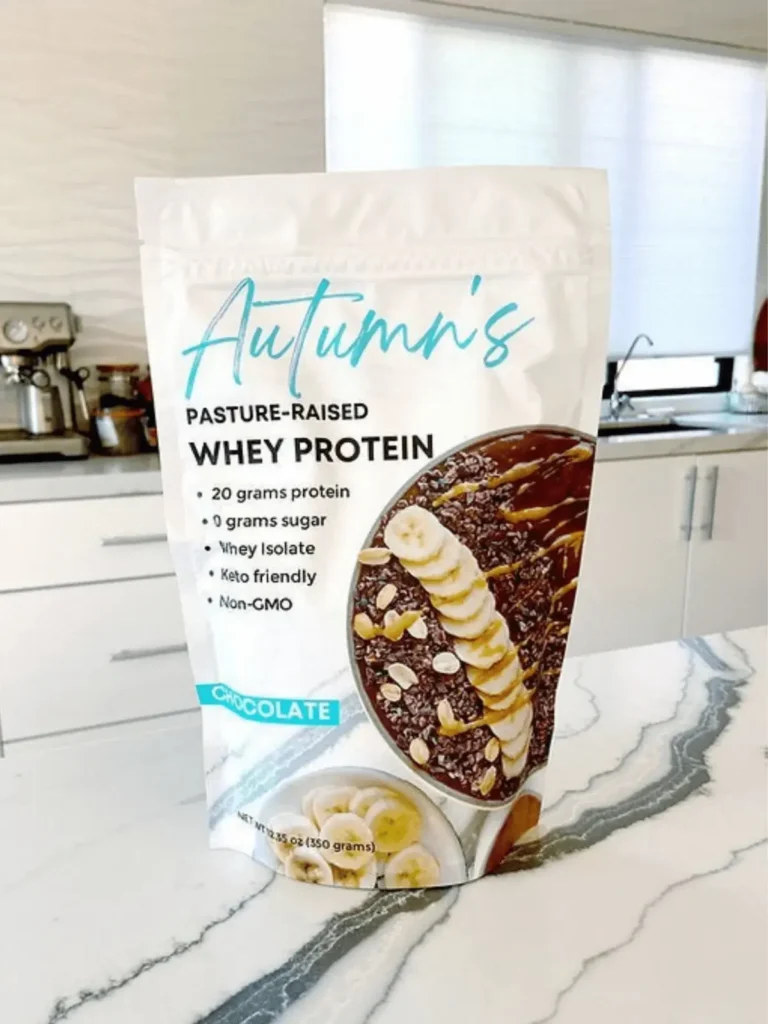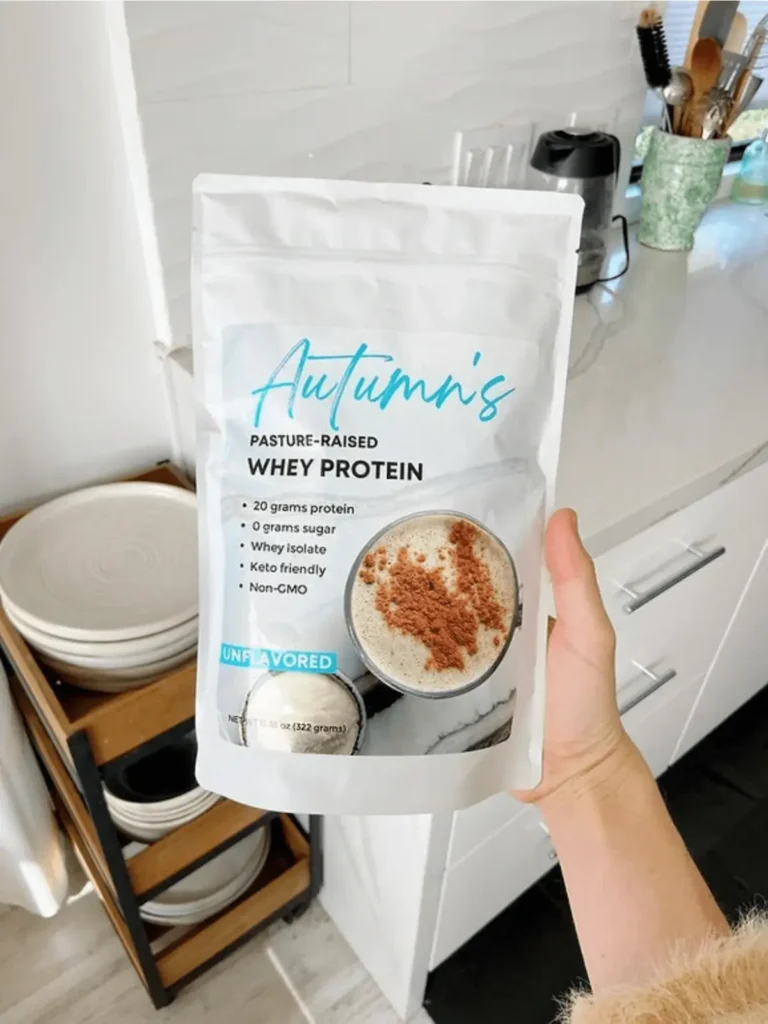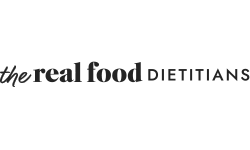This is exactly how often you should eat when you break your fast if you want to maximize for fat loss. Here’s what you need to know.
Intermittent Fasting is a deceptively simple strategy: just don’t eat for part of the day and eat during the other part of the day. Seems pretty simple, right? As we start to execute Intermittent Fasting, that’s when we notice some of the more intricate (and possibly complicated) questions pop up. One BIG one that the AENpeeps have been asking lately is: Can I eat just two meals per day? Will this slow my metabolism?
Yes… and no. Today, I’m diving into the deets on whether you should be having two or three meals per day with Intermittent Fasting when your goal is weight loss. You can also check out the video below for the deets!
Two Meals Per Day
Some people naturally gravitate toward two meals per day after implementing Intermittent Fasting for a few weeks. With the shorter eating window with IF, eating a lunch and a dinner can sometimes make more sense. Plus, there are a few perks to the two meal a day structure.
First of all, you get a higher degree of Migrating Motor Complex (MMC) stimulation. The MMC is what helps flush out left behind food and bacteria from your GI tract when you are in a fasted state. This aids in improved gut health and decreased bloating. With Intermittent Fasting in general, the MMC will get stimulated. But by having just two meals per day, this can allow even further gaps between meals and MMC stimulation as a result.
With only two meals per day, you also have less insulin secretion. Insulin is the storing hormone that shuts off fat burning in the body. When it’s present in higher amounts, fat burning is off. Insulin is stimulated every time we eat (particularly higher carb meals). So by eating only two times in a day vs. three, this helps to keep insulin spikes to only two times in the day.
One major problem with only two meals per day is making sure you get enough food in, especially protein. When planned accordingly and while eating until satiated with the Complete IF Bundle protocols, most people are able to get enough food and nutrients in for their body’s needs. However, if you are an athlete or if you require more protein in general, eating only two meals per day might make getting enough nutrients in very difficult. In these cases, this is where three meals a day may be a better option for you.
Pssst – wondering what type of fasting is best for your goals? Click HERE for my free Intermittent Fasting Schedule quiz to find out!
Three Meals Per Day
I personally tend to eat three meals during my Intermittent Fasting feeding window. I prefer it because it allows me to have a more traditional break-fast, lunch and dinner structure. If you’re a foodie, then this route might be for you!
But particularly if you’re an athlete or require more protein, splitting your meals into three per day makes it easier to get the nutrients in. Protein is highly satiating (that’s why it’s one of the cornerstones of the Complete IF Bundle protocol meals). By splitting up your protein needs between three meals vs. two, you may be more able to get enough protein into your diet. Again, most people CAN get the nutrients their body needs from two meals per day, but if you prefer a three meal structure or you are an athlete/someone with increased protein needs, then three meals per day might be a better option.
The one obvious downside is the increased insulin secretion. Because you are eating one more meal during your window, this can lead to an additional spike in insulin levels. If you don’t have a history of insulin resistance or hyperinsulinemia (high insulin levels), this likely isn’t a problem. Regardless of two or three meals per day, it should still be your priority to balance blood glucose levels in order to prevent spikes in insulin that can lead to weight gain. This is where WHAT you’re eating plays just as important of a role as how often or when.
One final thing to note is that you don’t have to stick to one structure forever. There are days that I eat only two meals vs. three meals, and that’s perfectly fine! However, it’s still important to ensure that you’re getting ENOUGH food and enough of the right TYPES of foods to increase satiety and boost fat burning mechanisms.
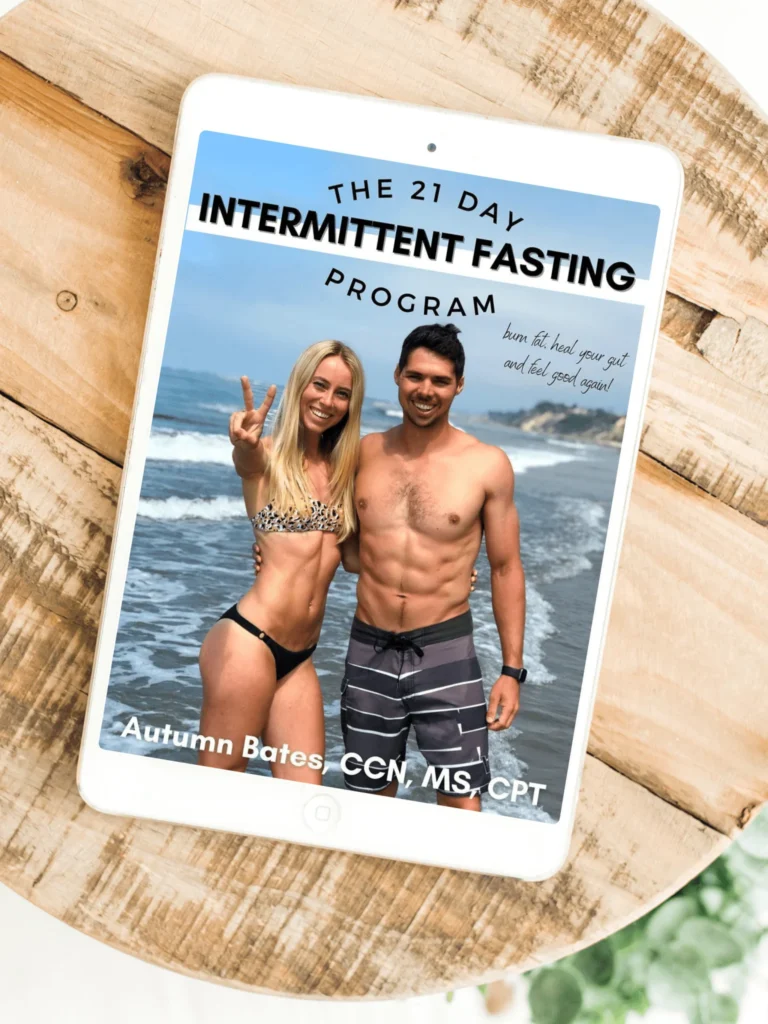
Tap into fat burning
The 21 Day Intermittent Fasting Program
The 21 Day Intermittent Fasting Program provides step-by-step strategies to help you use Intermittent Fasting with delicious, protein-packed meals to support fat loss, reduce hunger, and boost gut health.
